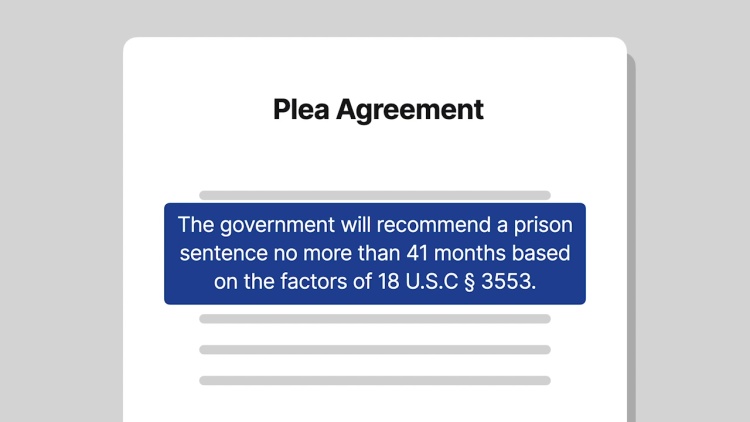United States v. Davis
United States Court of Appeals for the Seventh Circuit
764 F.3d 690 (2014)

- Written by Rich Walter, JD
Facts
Margaret Davis (defendant) pleaded guilty to the federal government's (plaintiff's) charge that, over a three-year period, she skimmed approximately $ 377,000 off the $1,062,000 she raised for public health programs and diverted that money to her personal use. The presentence investigation found that during and shortly after this period, Davis suffered from various mental disorders that occasionally required her to be hospitalized. In light of these disorders and pursuant to 18 U.S.C. 3553(a)(1) and United States Sentencing Guidelines (USSG) §§ 5H1.3 and 5K2.13, the presentence reporter advised the federal district court judge to treat Davis's mental condition as relevant to her sentencing, and to consider imposing a sentence below the USSG's recommended range of penalties. To persuade the judge to reduce her sentence, Davis filed a 105-page memorandum and 400 pages of exhibits, including statements from two mental health experts that Davis's mental condition may have adversely affected her judgment in some undeterminable way. The transcript of the sentencing proceeding took up just nine pages, but in his brief remarks the judge referred six times to Davis's mental condition and the physical factors that may have affected that condition. The judge cited the condition's uncertain impact on Davis's criminal behavior, and stressed Davis's need for mental treatment, both during her imprisonment and as a condition of her eventual release on probation. The judge sentenced Davis to 41 months' imprisonment, below the USSG range of 57 to 71 month's imprisonment, but at the upper end of the sentencing range stipulated in Davis's plea agreement with the government. Davis appealed her sentence to the Seventh Circuit Court of Appeals, arguing that the judge erred procedurally by failing to give adequate consideration to her mental condition.
Rule of Law
Issue
Holding and Reasoning (Rovner, J.)
What to do next…
Here's why 911,000 law students have relied on our case briefs:
- Written by law professors and practitioners, not other law students. 47,100 briefs, keyed to 997 casebooks. Top-notch customer support.
- The right amount of information, includes the facts, issues, rule of law, holding and reasoning, and any concurrences and dissents.
- Access in your classes, works on your mobile and tablet. Massive library of related video lessons and high quality multiple-choice questions.
- Easy to use, uniform format for every case brief. Written in plain English, not in legalese. Our briefs summarize and simplify; they don’t just repeat the court’s language.





